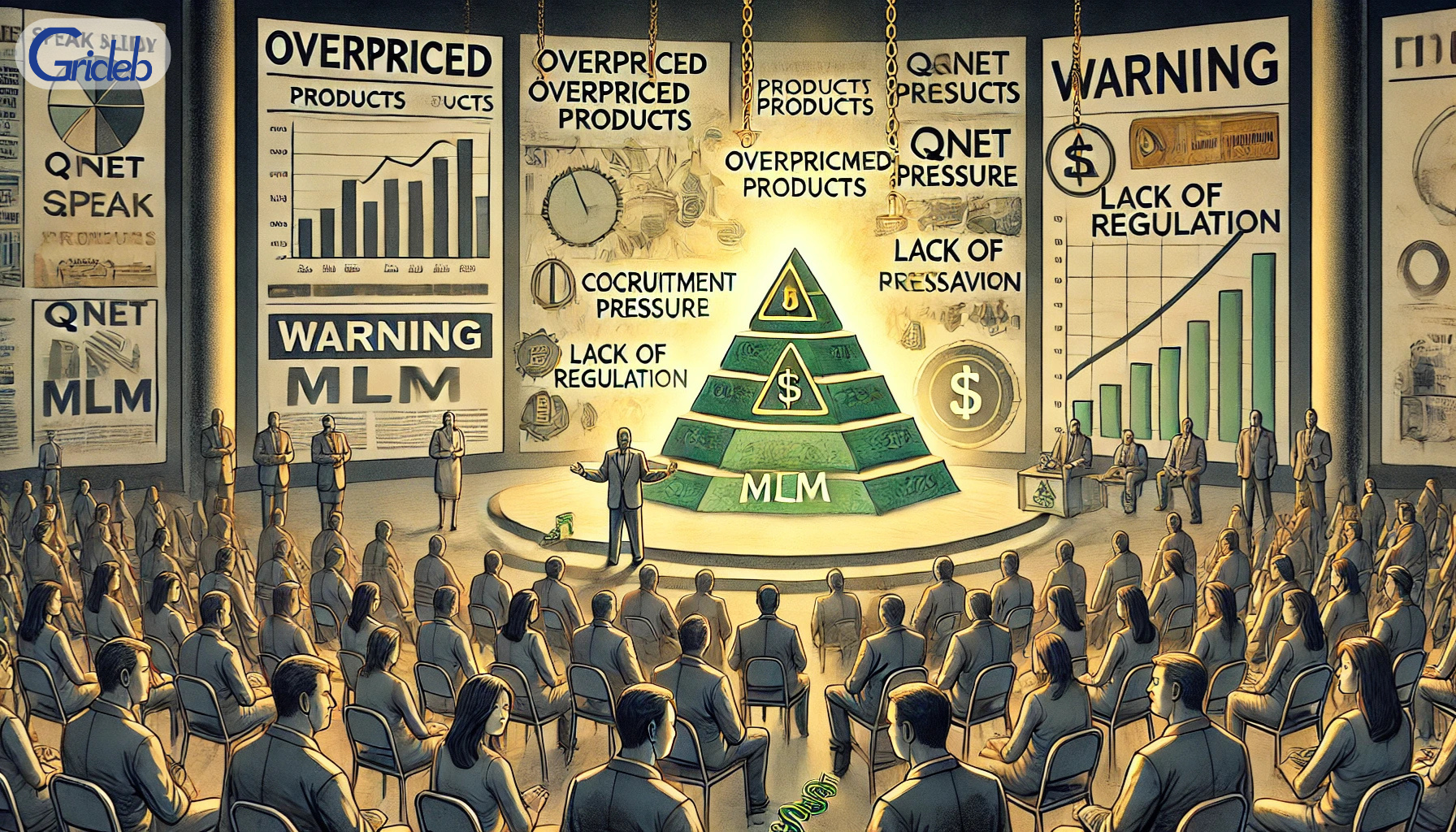Why Multi-Level Marketing Struggles to Win Trust in India?

Why Multi-Level Marketing Struggles to Win Trust in India
Multi-Level Marketing (MLM), also known as network marketing or direct selling, promises entrepreneurial freedom, lucrative earnings, and the chance to build a thriving business. Yet, in India, these promises are often met with scepticism. The question is: why? Let’s delve into the factors behind the mistrust, explore examples, and examine how the industry can rebuild its reputation.
A History of Scams: The Roots of Mistrust
India’s scepticism toward MLMs is deeply rooted in its history with fraudulent schemes masquerading as direct selling opportunities. Take the infamous Speak Asia scam of 2011, where over ₹2,000 crore was swindled from participants who were lured by promises of hefty returns for filling surveys. Another example is the ongoing controversies surrounding QNet, accused of operating a pyramid scheme under the guise of MLM.
Such incidents have tarnished the industry’s reputation. With unrealistic claims like “earn lakhs in weeks” or “become your own boss overnight,” many Indians now associate MLMs with deceit and exploitation. When trust is repeatedly broken, it’s no surprise that even legitimate companies face suspicion.
Fear of Financial Loss: A Real Concern
For many Indians, joining an MLM feels like walking a financial tightrope.
- High Entry Costs: Participants are often required to buy expensive starter kits or products upfront, adding financial strain.
- Low Success Rates: Research shows that over 99% of MLM participants fail to earn significant income. This high failure rate discourages potential recruits.
- Recruitment Pressure: Earnings depend heavily on enrolling others, rather than selling products. This focus on recruitment fosters anxiety about returns, as failing to build a network often leads to losses.
The fear of losing hard-earned money outweighs the allure of potential profits, especially in a country where financial prudence is deeply ingrained.
Cultural and Structural Barriers in India
Trust issues are magnified by cultural and regulatory gaps in India:
- Cultural Caution: Indians are naturally wary of unfamiliar investment models, especially those involving “too-good-to-be-true” opportunities.
- Regulatory Gaps: While countries like the US have strict MLM regulations under the FTC, India’s Direct Selling Guidelines (2016) are still evolving. This lack of robust enforcement allows fraudulent companies to operate unchecked.
- Word-of-Mouth Damage: Negative experiences spread quickly in close-knit Indian communities. Stories of failed investments discourage others from participating.
Challenges in the MLM Model
Several structural issues within MLM companies exacerbate distrust:
- Overpriced Products: Many MLM products are priced higher than market alternatives to accommodate multi-level commissions. This creates doubts about value for money.
- Product Quality: Claims about product efficacy often feel exaggerated, leading consumers to question their legitimacy.
- Lack of Transparency: Opaque compensation structures and unclear refund policies further erode trust.
When MLM companies focus more on recruitment than product sales, they resemble pyramid schemes—an unethical and unsustainable model.
India vs. Global Standards
Globally, MLM giants like Amway and Avon have built credibility through decades of consistent performance and adherence to regulations. In contrast, Indian MLM companies often struggle with aggressive and invasive marketing tactics, which alienate customers.
The global MLM market, valued at $186 billion in 2022, thrives in countries with strong consumer protections. In India, however, the direct selling industry worth ₹19,020 crore in 2021 faces trust hurdles, despite its growth potential.
The Way Forward: Restoring Faith in MLM
For MLMs to succeed in India, the focus must shift from short-term recruitment gains to long-term value creation.
- Product Efficiency: Companies must offer reasonably priced, high-quality products that genuinely benefit consumers.
- Transparency: Clear income disclosures, ethical marketing, and robust refund policies can go a long way in rebuilding trust.
- Education: Teaching participants to differentiate between legitimate MLMs and scams will empower them to make informed decisions.
By learning from global practices and addressing India-specific concerns, MLM companies can unlock the vast potential of the Indian market.
Conclusion
The Indian MLM industry stands at a crossroads. With a history marred by scams, financial fears, and regulatory gaps, rebuilding trust won’t be easy. However, with the right approach—focusing on transparency, product quality, and consumer education—the industry can change its narrative. For now, the onus is on MLM companies to prove that they are more than just empty promises and unsustainable schemes.
After all, trust isn’t just given; it’s earned.